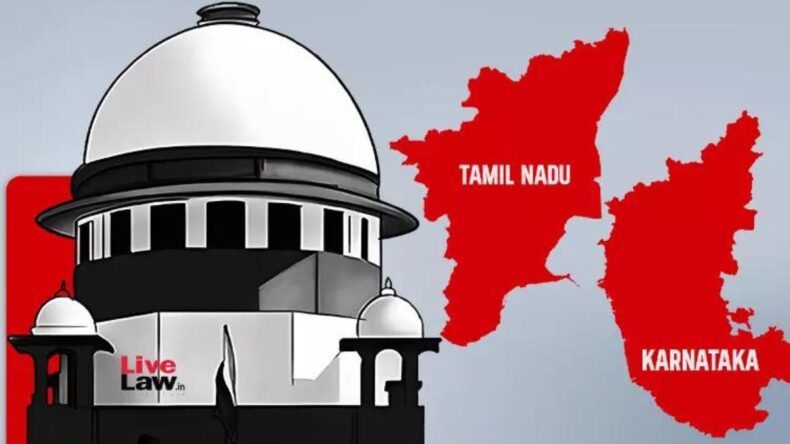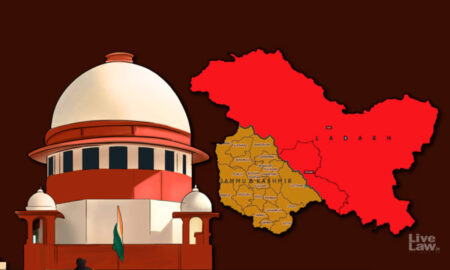The long-running water dispute over the Penniyar River between the states of Tamil Nadu and Karnataka had a significant development today. The Supreme Court Bench, composed of Justice AS Bopanna and Justice MM Sundresh, recused themselves from hearing the plea filed by the Tamil Nadu Government. The judges cited their regional affiliations as the reason for their recusal, highlighting the sensitivity and complexity of the issue at hand.
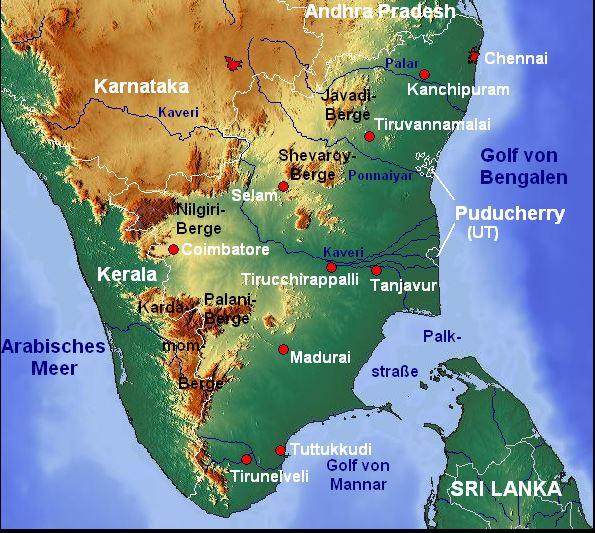
Background of the Penniyar River Dispute
The Penniyar River, also known as the Ponnaiyar River, originates in the state of Karnataka and flows through Tamil Nadu before finally emptying into the Bay of Bengal. The river has been a bone of contention between the two states for decades, with both parties claiming rights over its water resources.
Tamil Nadu, being the downstream state, argues that it has historical and customary usage rights over the Penniyar river water. The state relies heavily on this water for agriculture, irrigation, and meeting the drinking water needs of its population. On the other hand, Karnataka claims that it is a riparian state and thus has a legitimate share in the river’s water for its own agricultural and industrial purposes.
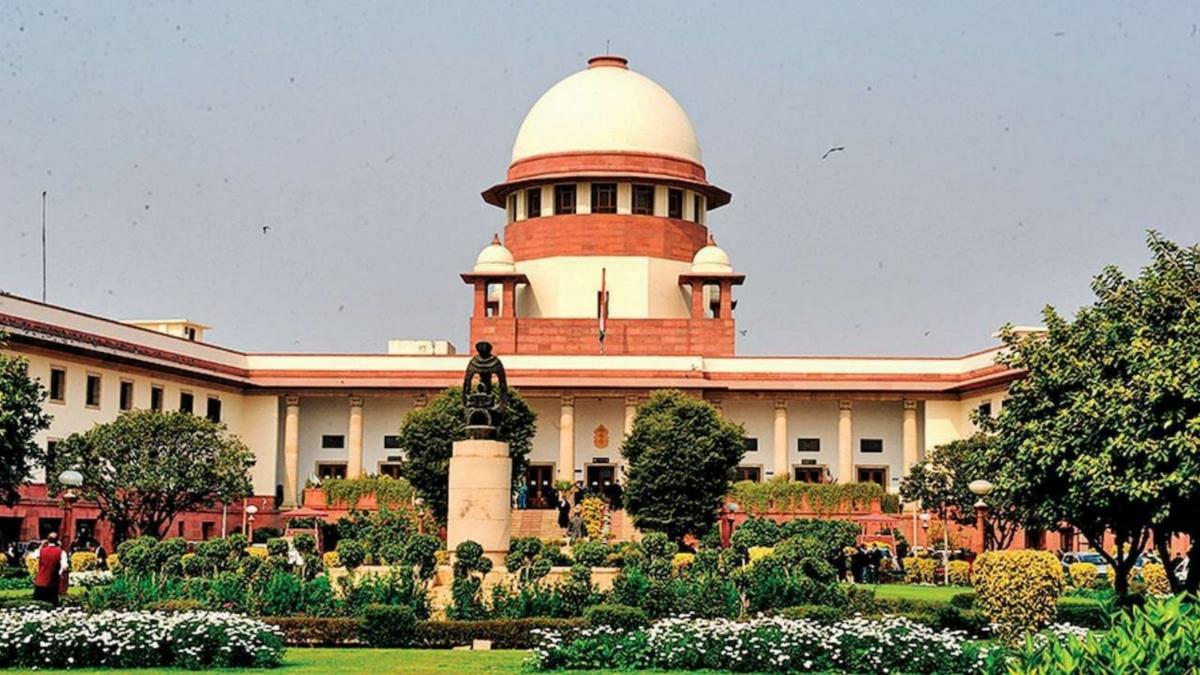
Recusal of Judges due to Regional Affiliations
Justice AS Bopanna, a judge hailing from Karnataka, and Justice MM Sundresh, a judge from Tamil Nadu, decided to recuse themselves from the case due to their personal connections to the respective states. Justice Bopanna expressed his concern, stating, “All the water that goes to them is from my district. The birthplace of Cauvery is my district.” The recusal demonstrates the judges’ commitment to maintaining impartiality and avoiding any potential conflicts of interest in the matter.
Implications of the Recusal
The recusal of the two judges has now necessitated the formation of a new bench to hear the case. The Supreme Court Registry has been instructed to obtain an order from the Chief Justice of India to determine the appropriate bench for the dispute. This delay in the proceedings further prolongs the resolution of the Penniyar River dispute, adding to the frustration of both states and their respective stakeholders.
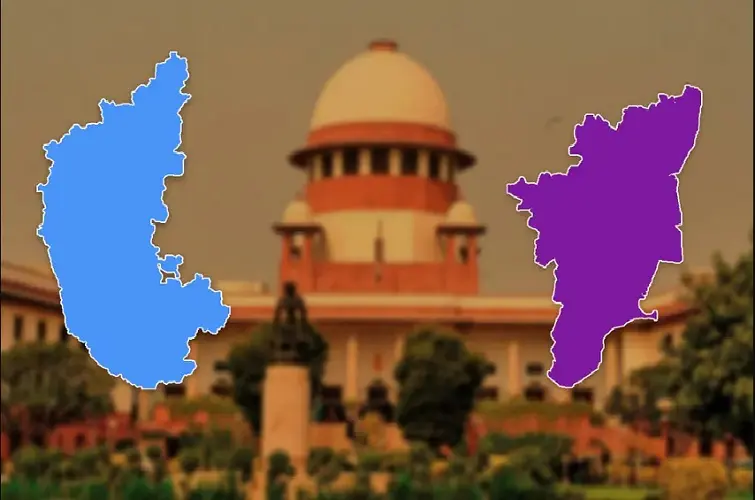
Union Government’s Efforts to Resolve the Dispute
In response to the Supreme Court’s previous orders, the Union Government submitted an affidavit detailing its actions toward resolving the Penniyar River dispute. The government informed the court that it had submitted a proposal to the Cabinet Secretariat for the formation of a Penniyar Water Dispute Tribunal, specifically dedicated to resolving the ongoing conflict between Tamil Nadu and Karnataka. However, the affidavit also mentioned that the Union Cabinet has yet to make a final decision on the matter.
Deadline for the Formation of the Inter-State River Water Disputes Tribunal
The Union Government has been given three months by the Supreme Court to finalise the Inter-State River Water Disputes Tribunal’s constitution. The tribunal was not, however, established by the deadline. The Apex Court then granted a further one-month extension in May 2024 for the creation of the tribunal, including the publication of the Gazette Notification.
Way Forward for the Penniyar River Dispute
The recusal of the judges and the delay in constituting the water disputes tribunal further complicate the resolution of the Penniyar River dispute. The dispute not only affects the states of Tamil Nadu and Karnataka but also impacts the livelihoods of millions of people dependent on the river’s water resources.
To reach a fair and just resolution, it is essential for the central and state governments to engage in sincere dialogue, considering the concerns and interests of both Tamil Nadu and Karnataka. A balanced and sustainable solution must be sought, taking into account the socio-economic aspects, ecological considerations, and the long-term viability of water resources in the region.
Case Title: State of Tamil Nadu v. State of Karnataka Original Suit No. 1 of 2018







